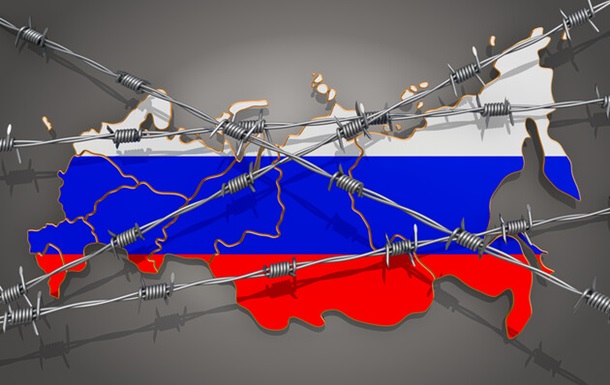Western Nations Take Action Against Chinese Firms for Supporting Russia
In a striking move, the European Commission has rolled out new trade restrictions aimed at three prominent Chinese companies. The accusation? That these firms are playing a role in supporting Russia’s military activities in Ukraine. This development signifies a watershed moment, as it marks the first instance of Chinese entities facing sanctions from the EU for their involvement in this ongoing conflict. Prior to this, there was hesitation within the EU about sanctioning other Chinese firms, largely due to differing opinions among member states and pledges from Beijing to avoid violations.
Chinese Firms Rethink Their Ties with Russia
In response to the worsening sanctions and heavy international scrutiny, Chinese businesses are now taking a hard look at their relationships with Russia. Notable financial institutions, such as Chouzhou, the Industrial and Commercial Bank of China, the China Construction Bank, and the Bank of China, have hit the brakes on their dealings with sanctioned Russian organizations. This shift is seen as a major setback for Russia’s economy, with some analysts drawing parallels to the significant damage caused by the sabotage of the Nord Stream pipeline.
Despite earlier proclamations of steadfast support for Russia, it appears that China is reevaluating its position as it faces increasing economic pressures and rising costs. Just like in any business scenario, when the risk outweighs the potential returns, companies must pivot. For instance, imagine a small business relying on a distributed network of suppliers but facing increasing regulatory risks—if those risks become too high, the business may have no choice but to cut ties to ensure its own stability. The same principle is now at play for Chinese companies navigating this turbulent landscape.
The Impact on Global Trade Relationships
As tensions continue to mount, the complex web of global trade relationships is undergoing significant strain. Chinese firms find themselves at a critical junction where they need to balance their commitments to Russia against the pressure from the international community. This shifting dynamic could yield lasting consequences for both nations involved. Here are some key takeaways:
- The Economic Landscape: Recent estimates suggest that the sanctions could shave off billions from the Russian economy, highlighting the potential economic fallout from this geopolitical chess game.
- Realignment of Alliances: With trade routes and business partnerships at stake, countries may find themselves reevaluating their alliances in search of stability.
- The Rise of Alternative Markets: As Chinese firms pull back from Russia, they may redirect their focus toward markets that align more closely with international norms, potentially opening up new opportunities.
In our increasingly polarized world, the actions of each nation will be closely scrutinized. It’s essential for businesses and individuals to stay informed and adaptable as the international landscape evolves. As we witness these unfolding events, the ability to navigate change with agility and insight will be paramount. Keeping an eye on reputable sources and expert analyses will help us all understand better not just the implications of these sanctions, but also the broader context of global geopolitics.





